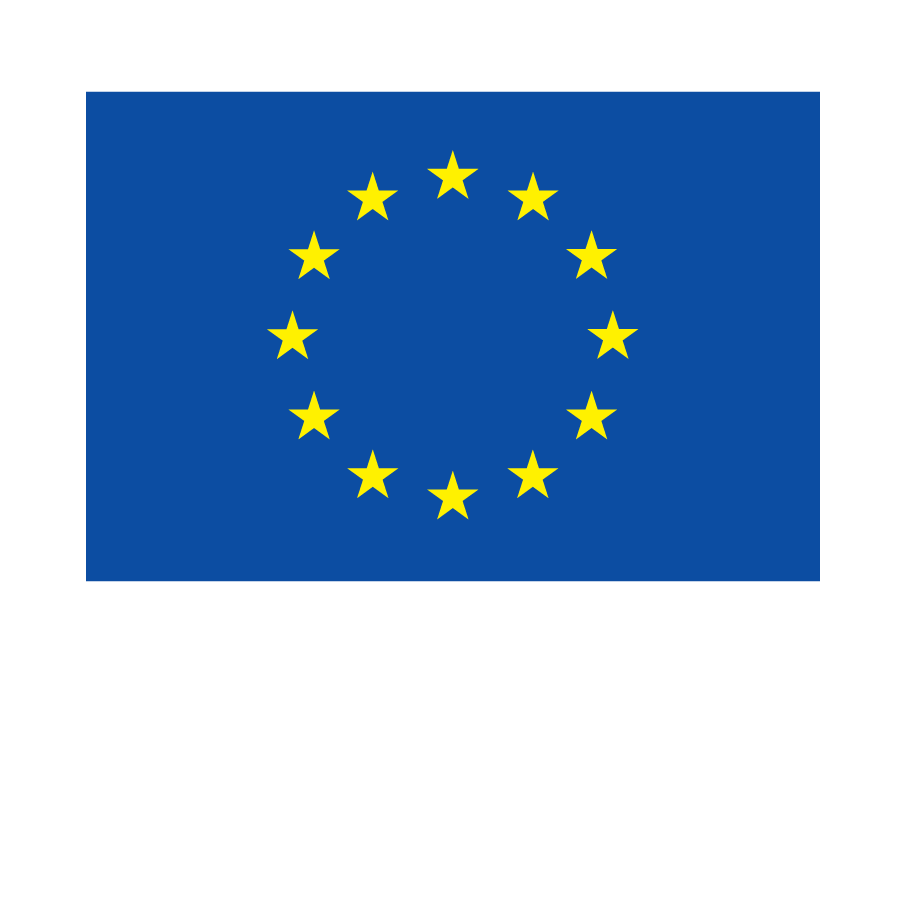
In 2000, approximately 31% of European adults smoked regularly. By 2020, that number had dropped to around 23%, reflecting the success of strong awareness campaigns, such as mandatory warning labels on tobacco products. Similarly, in 2020 in the United Kingdom, COVID-19 awareness boosted adherence to health guidelines by 20-30%, while also inadvertently refocusing attention on indoor air quality (IAQ) and the dangers of poor ventilation in enclosed spaces. Clearly, public awareness can be a game-changer—especially when it comes to IAQ, as occupant behaviour can directly impact air quality.
However, Europe has seen 40% fewer nitrogen oxide (NOx) emissions and a 25% drop in PM2.5, preventing 400,000 premature deaths annually, largely by setting ambient air quality pollution limits. Despite these significant gains, many Europeans remain unaware of the success of the Air Quality Act and the full health risks posed by poor air quality. Simple actions like changing building materials, improving ventilation, or incorporating IAQ considerations into the design phase could have a significant impact. Legislation mandating these measures to improve IAQ across Europe could be enacted without the need for widespread public awareness.
It is evident that both public awareness and regulatory changes can have a major impact on improving air quality as well as public health; however, this raises a critical question: which should come first—awareness, policy, or neither? This "chicken vs. egg" conundrum, in turn, raises several other key questions:
To address these questions, the EDIAQI and KHEALTHinAIR projects, as part of the IDEAL cluster, will host a webinar titled "Indoor Air Quality, Public Awareness and Policy: The Chicken vs. the Egg Dilemma," aimed at unravelling whether awareness or policy should come first when it comes to IAQ or whether this is another fallacy.

Funded by the European Union. Views and opinions expressed are however those of the author(s) only and do not necessarily reflect those of the European Union or of the European Health and Digital Executive Agency (HADEA). Neither the European Union nor the granting authority can be held responsible for them.